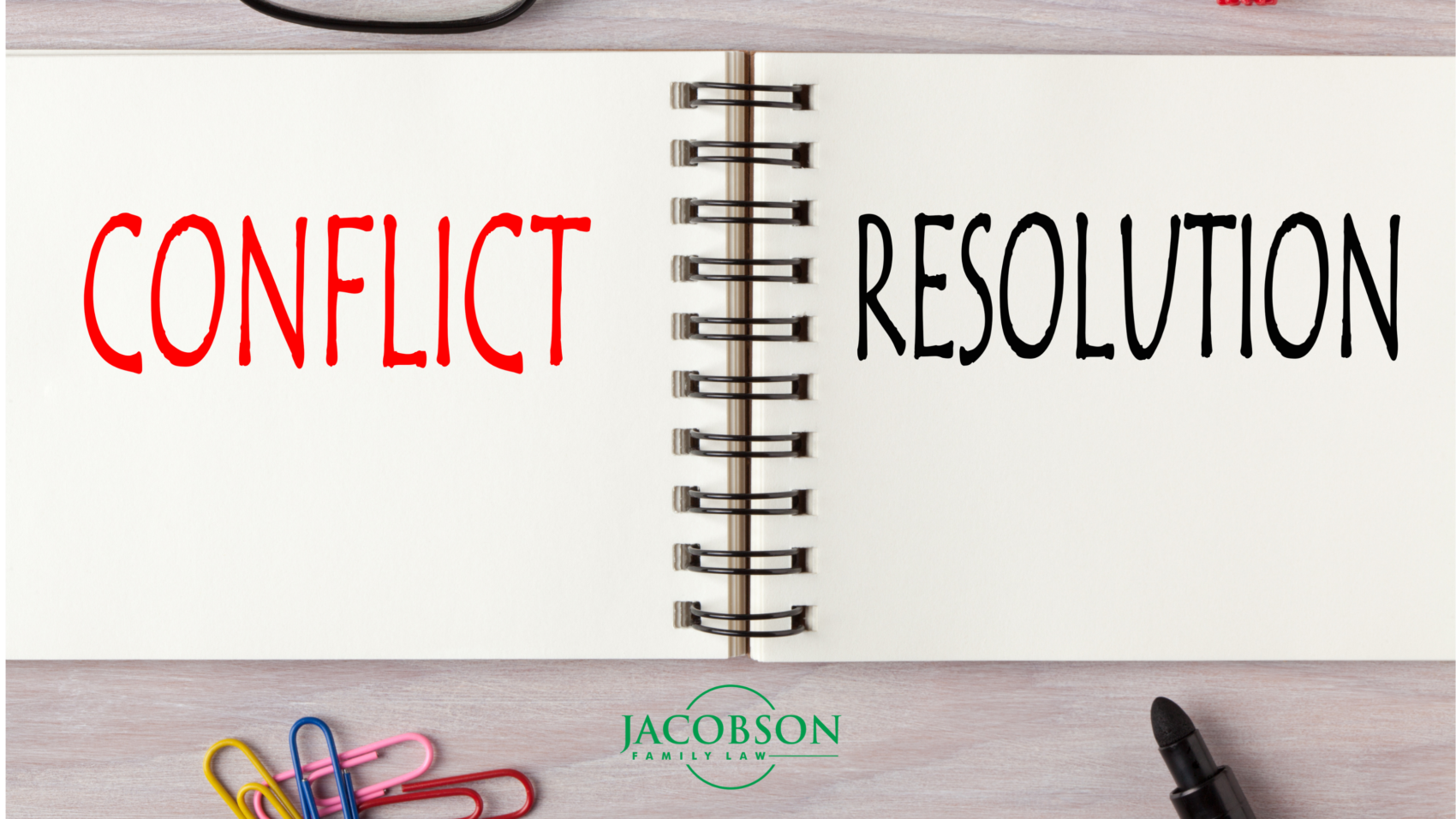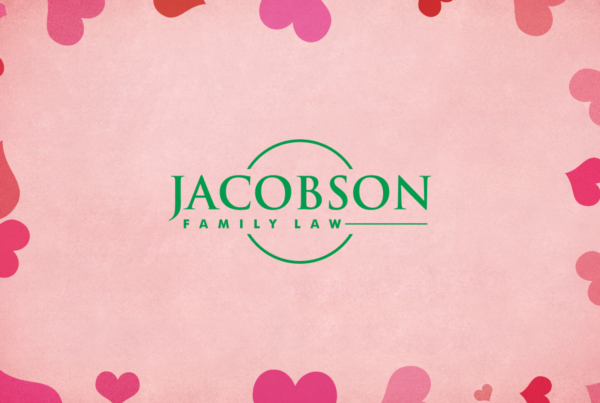
What is Alternative Dispute Resolution (ADR)?
Alternative Dispute Resolution, also known as ADR, is a way for settling disputes without litigation. A few examples of ADR are mediation, collaborative law, and negotiation.
What is mediation?
Mediation is a process – a voluntary, non-adversarial, process involving a trained, impartial third party (mediator). The parties, not the mediator, make the agreement. The mediator has no power to render a decision or to force the parties to accept a settlement. If a mediator is also an attorney, the mediator may not give either party legal advice. Because the voluntary settlement that the parties reach is designed by the parties themselves, it is more likely to be carried out without the need for external enforcement or further litigation.
What is Collaborative Law?
In the collaborative process, you and the other party each have a private attorney and make a commitment to resolve your disputes without going to court. Similar to mediation, collaborative practice operates in the spirit of honesty and cooperation. Both parties, together with the professionals (attorneys, mental health and financial experts), work as a team to resolve disputes respectfully with an emphasis on financial responsibility and cooperative co-parenting.
How does a Collaborative Divorce differ from Divorce Mediation?
In Collaborative Divorce, both parties and their respective collaborative divorce attorneys sign a contract that states they are committed to using cooperative techniques instead of combative tactics to negotiate the various divorce issues. The contract is called a “participation agreement”.
In Mediation, often the parties are not represented by lawyers and are negotiating without the legal counsel or representation. The contract the parties sign in Mediation is known as an “agreement to mediate”.
What is negotiation?
Negotiation is a discussion between two or more people to resolve a dispute. In a divorce process context, an attorney represents each party and the attorneys negotiate the terms of an agreement on behalf of their respective clients. During negotiations, the parties often do not speak directly to one another.
Are the agreements reached during Alternative Dispute Resolution binding?
If parties reach an agreement during ADR, the parties may sign the agreement and, once signed, the agreement becomes an enforceable binding contract and can ultimately be incorporated into a court order.
If I start with one dispute resolution process, can I use another?
Yes. The best plan would be to start with the least expensive process and then add resources to your dispute resolution plan as they are needed.
What is a Marital Settlement Agreement (a/k/a Property Settlement Agreement)?
A Marital Separation Agreement, or property settlement agreement, is a binding contract between a married couple that resolves all issues arising from their marital relationship including, custody, child support, alimony/spousal support, and division of marital property. A marital separation agreement may be signed before or after you have filed for divorce – even while you and your spouse are still living together.
Can I complete the divorce process without using an attorney?
Yes, but it may not be advisable. The result of any alternative divorce resolution process in a family law matter will be a Marital Settlement Agreement. Once the agreement is signed, both parties are bound by the contents of those agreements. Reviewing your Marital Settlement Agreement with an attorney before signing will help you avoid mistakes that may cost you (or your children) in the long run.
If you are interested in learning about how Alternative Dispute Resolution might be a good fit for your specific situation, set up a consultation today at Jacobson Family Law by calling 443-741-1147 or simply set up an appointment on our website.




